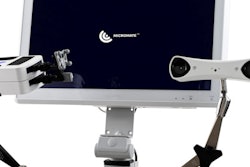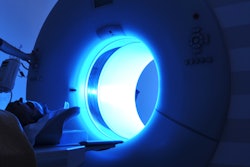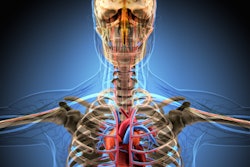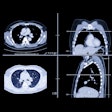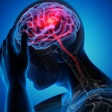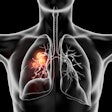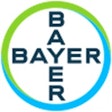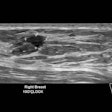Dear AuntMinnieEurope Member,
All radiologists strive to improve their reports, so last week's British Institute of Radiology webinar on this topic was bound to prove popular.
On Wednesday, we posted the first of two reports about the event, and it's our top story this week. The article focuses on the novel approach recommended by Dr. Adrian Brady, the president-elect of the European Society of Radiology. Find out more in the CT Community, and look out for part two later in May.
The findings of a U.S.-French study on artificial intelligence and stroke prevention were presented on 5 May in Lyon, France, at the European Stroke Organisation Conference, and they deserve a close look. Learn more in the MRI Community.
Prof. Paul Parizel, PhD, shocked many people when he left his high-profile job in Antwerp, Belgium, to pursue a career in Western Australia. We caught up with him on Zoom to find out how he's getting on. It's safe to say he's enjoying life, and he thinks other Europeans might well seek new pastures in the tough times ahead.
Barium swallow studies retain an important role in the investigation of dysphagia, epigastric pain, and persistent vomiting. Scope exists to reduce the radiation dose in these examinations, according to researchers from Oxford, U.K.
Imaging professionals who triage mass injuries must understand the effects of blast injury patterns and the spectrum of injury. That's the view of authors in Turkey who have shared their experiences in this area.
The annual congress of the International Society for Magnetic Resonance in Medicine begins in London on 7 May. My colleague Matthew Limb and I will be onsite to cover this important meeting, and our efforts will be supplemented by the editorial team of AuntMinnie.com, who are covering the event remotely. Keep an eye on our homepage over the coming days.




